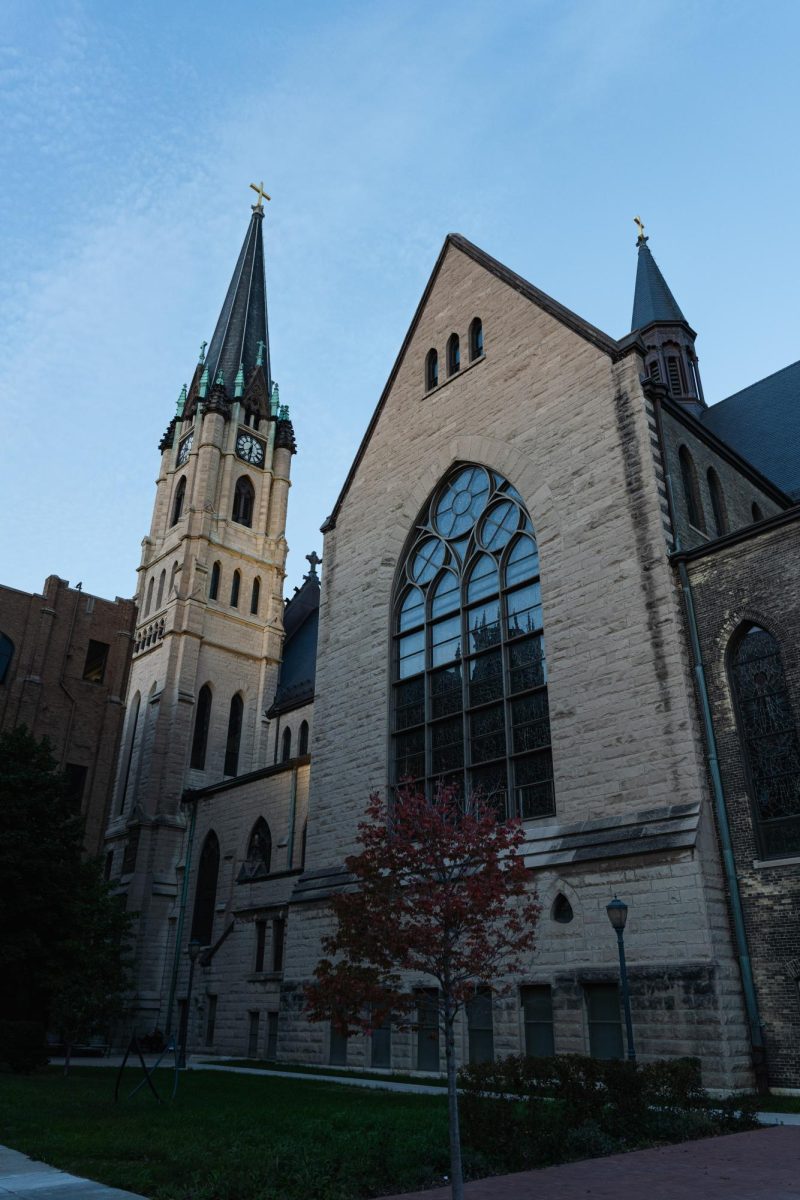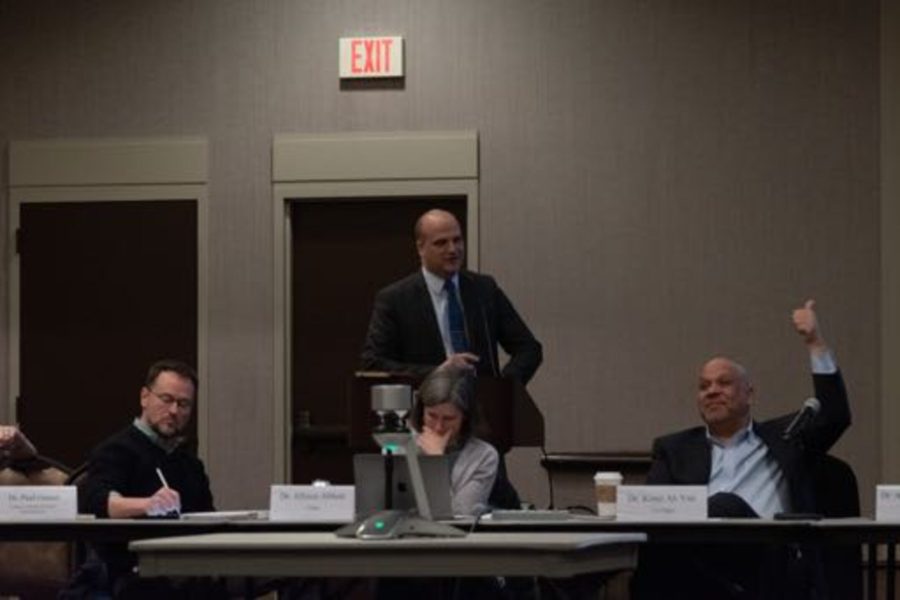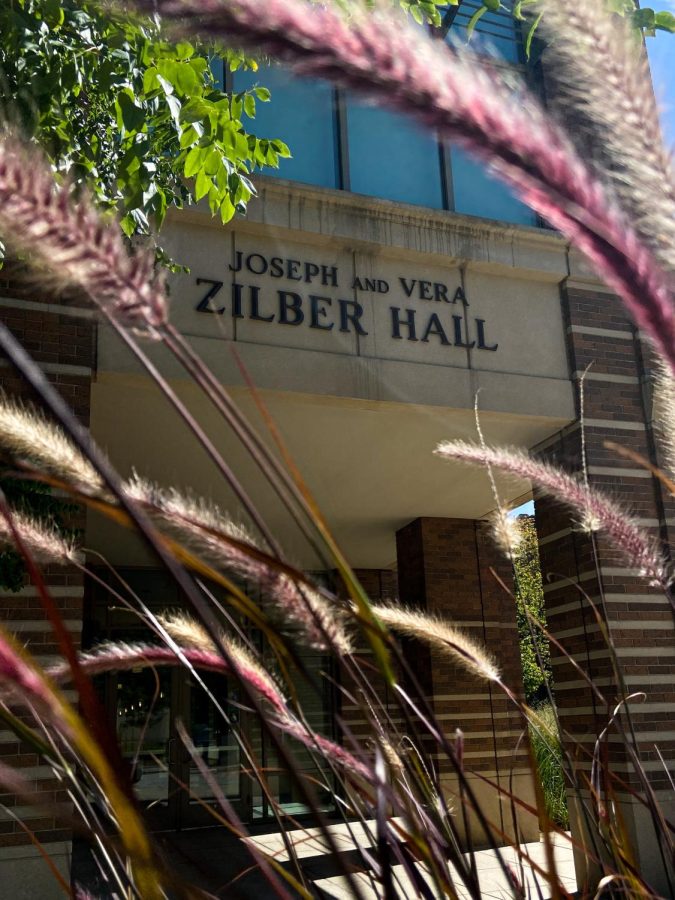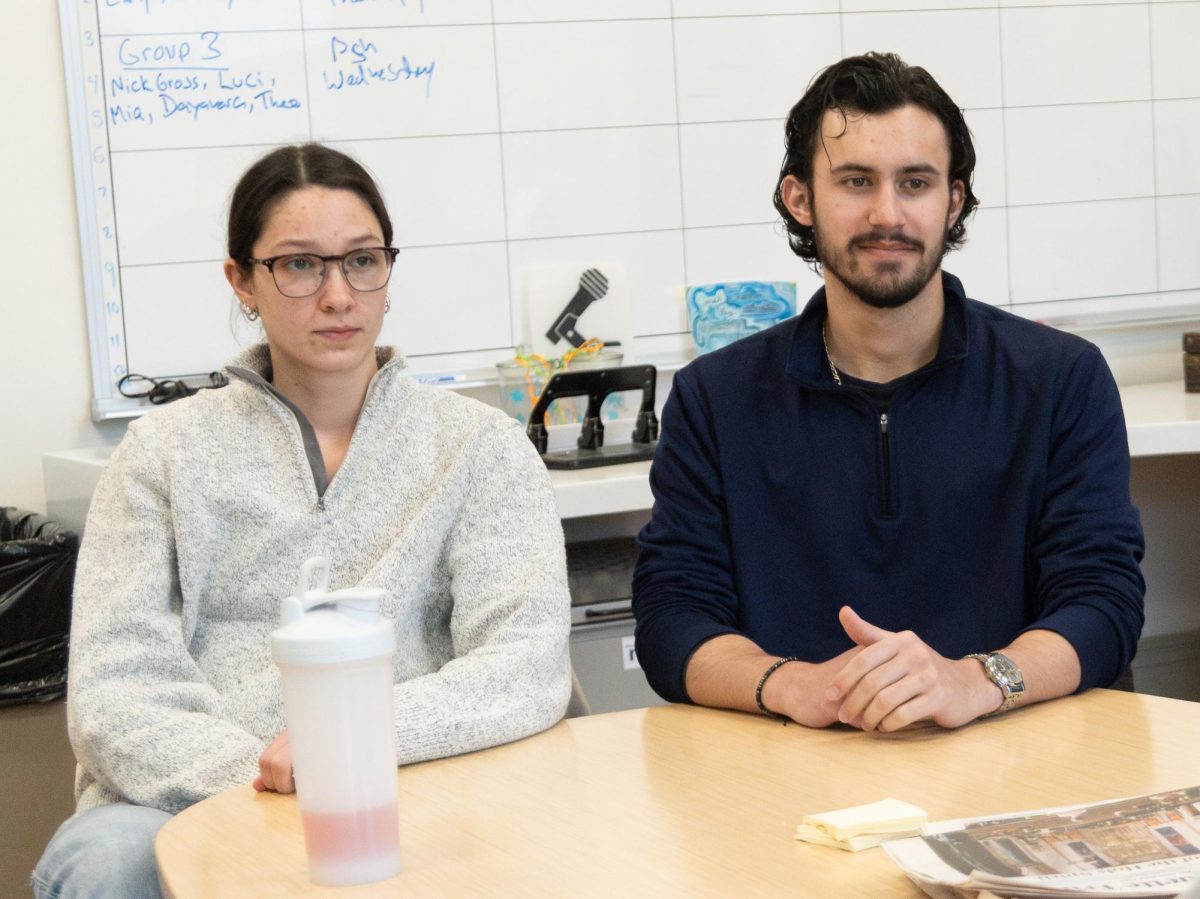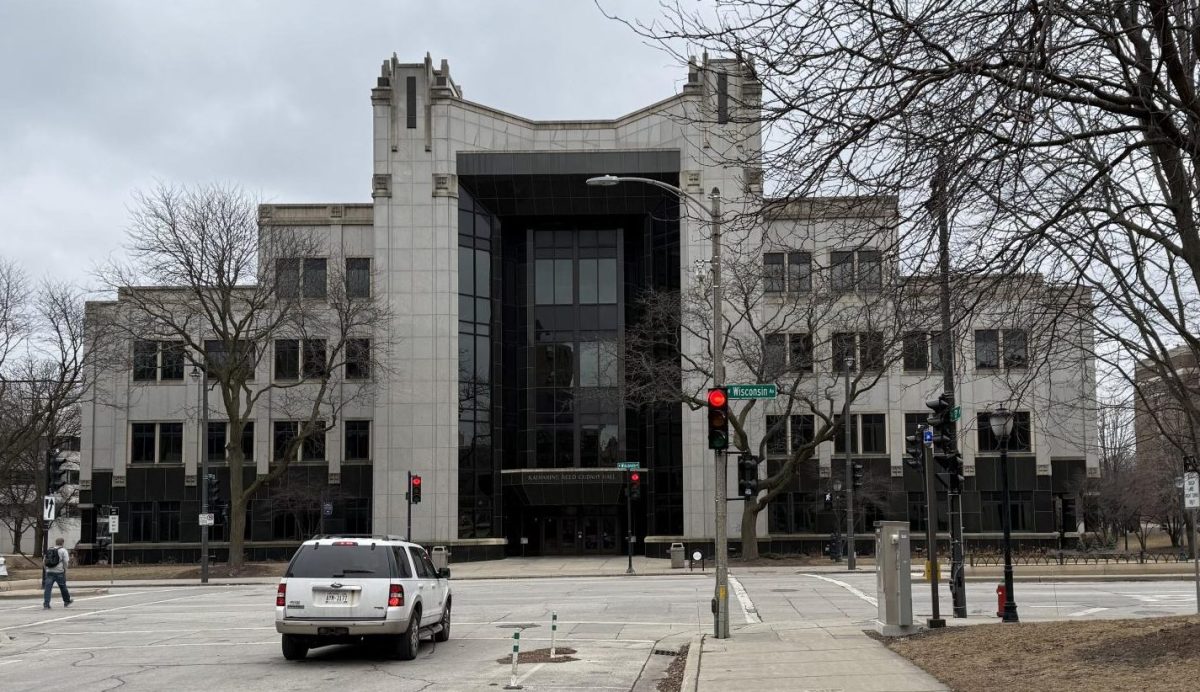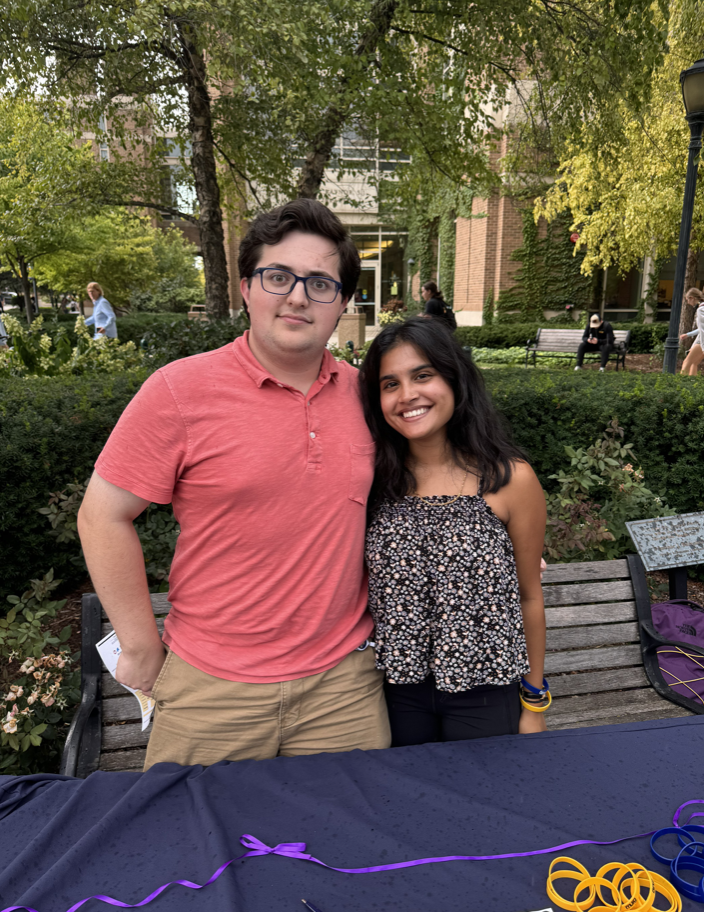The Marquette Student Government academics committee will review the University Core of Common Studies by administering a core curriculum survey over the next few weeks, the group announced during last week’s Senate meeting.
Before and after fall break, MUSG senators will be in the Alumni Memorial Union and outside the library asking students to respond to questions regarding their core requirements.
As academics committee chair, Sam Schultz, a junior in the College of Arts & Sciences, has been integral to the creation of the survey. Schultz said Marquette worked with Campus Labs, the same company behind Involvement Link, to develop an innovative way to administer the survey.
“Last year, MUSG purchased some iPod Touches that have a program that, along with the Office of Student Development, (allows us to) survey people,” Schultz said. “Basically, we give OSD the survey, then they put it into the software and then we can just load it up onto these iPods.”
Schultz, a member of the university’s core curriculum review committee, said now is the perfect time for Marquette to look into a revision of the Core of Common Studies since the university has a reaccreditation visit from the Higher Learning Commission coming up next fall.
“This is a great time to re-examine this foundation of the university,” Schultz said.
John Su, director of the Core Curriculum Review Committee, expressed similar feelings about the timing of the survey. Su said it has been about nine years since Marquette conducted a significant review of its core requirements and that the university should take steps toward keeping its curriculum current.
The major change that was made almost a decade ago was the addition of the diverse cultures requirement, he said. This time around, Su said he is interested to find out what students think about the diverse course offerings and what can be done to improve them.
“I do think there is significant desire among many constituencies to rethink the diverse cultures requirement and how we can make it serve our students, whether that’s through expanding the requirements, changing how we understand the requirements, or even just trying to be more intentional about how issues associated with diversity should involve many, if not all, of our classes,” Su said.
MUSG Legislative Vice President Jilly Gokalgandhi, a junior in the College of Arts & Sciences, said the theology requirement is another area that MUSG is hoping to review.
“We’ve had a lot of students complain that there isn’t enough course selection and course offering within that department — be it world religions or something that isn’t Euro-centric. So we’re looking into that and seeing why we don’t necessarily have that and how we can go about fixing it,” she said.
Schultz said he is eager to hear what students have to say about these issues and report their responses to the university, but he is realistic about the timetable for change.
“Obviously, kids have problems with the core,” Schultz said. “Some people have trouble fitting in majors and minors because of core requirements, and some people have more philosophical problems with the core … So we’re doing as much as we can, but things move slowly.”


